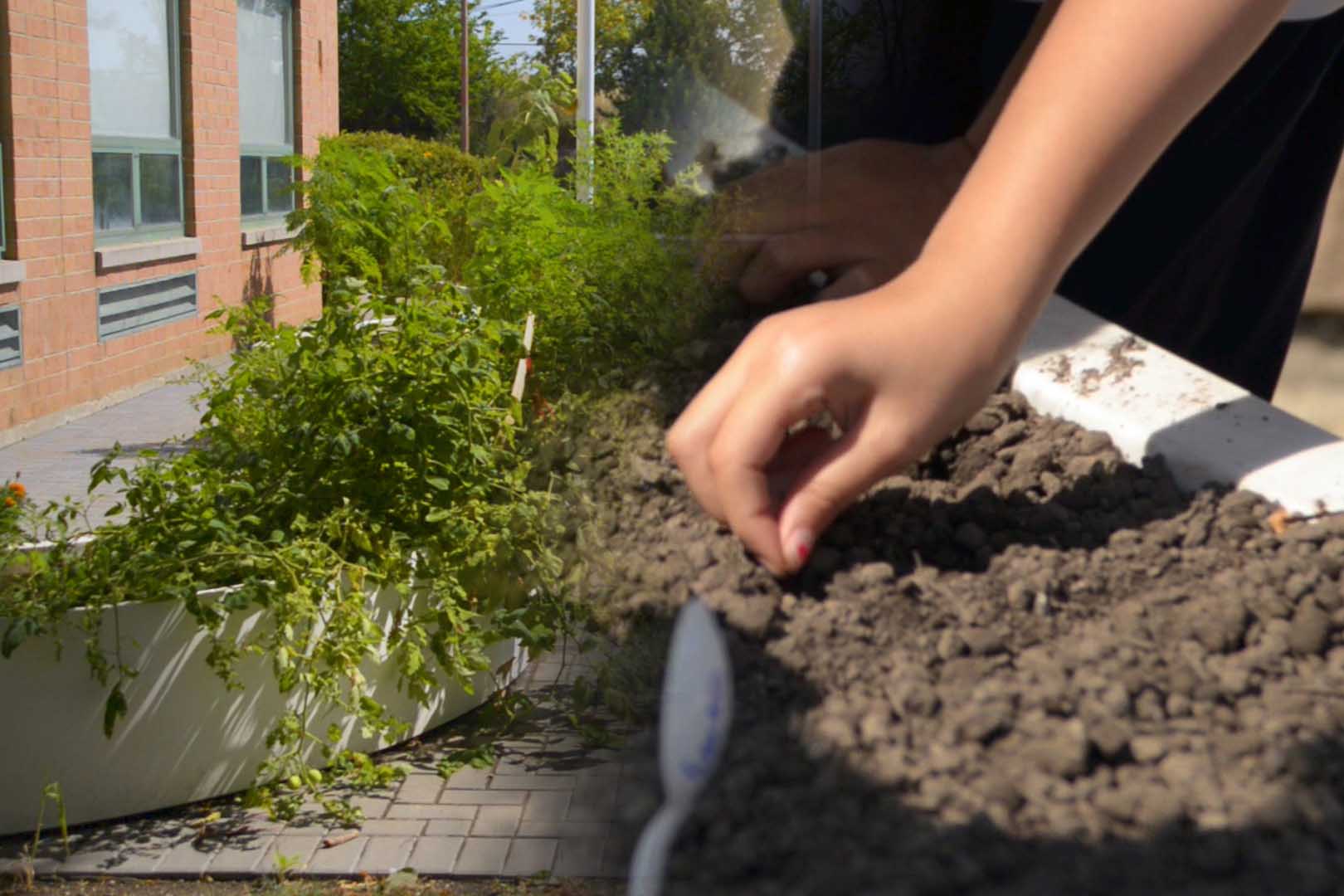

How It's Done:
NEON SIGNS
Grainger Everyday Heroes: The Kitchen Community
By Grainger Editorial Staff 8/18/20
Listen to Kimbal Musk, CEO of The Kitchen Community, talk about his nonprofit that's dedicated to teaching children about the importance of healthy food. They build Learning Gardens that bring kids in urban centers closer to nature through the food they eat.
I'm Kimbal Musk, CEO of The Kitchen Community. The Kitchen Community is a nonprofit dedicated to community through food. We build Learning Gardens around the country. In Chicago we have built 100 Learning Gardens in partnership with Mayor Rahm Emanuel.
We created a product called the Learning Garden which is a garden made out of the same material as playground equipment that can last for 20 to 30 years. It's designed like a place where kids will want to play. The great thing about what we do is, we can go into a school and have minimal impact on what's already there.
Because of the incredible nature of these rotationally molded beds, they're like LEGO blocks, we can fit them in anywhere. They're FDA approved because the material is healthy for you to grow things in. We can go on top of toxic soil, which is a real problem in Chicago and other cities, on top of rooftops, pavement, asphalt, parking lots, traditional soil. [The best part is] we do not disrupt the existing environment and do not have to do massive construction to install our Learning Gardens.
The other thing that's amazing about our Learning Gardens is they're designed to last. And environmentally speaking, I'm a big believer in things surviving a long time, and that is sometimes the best thing you can do. What we wanted to do is create a Learning Garden that would survive for decades, and not something that would have to be replaced every few years.
On the rotational molding side, it's fundamentally the same technology they use to build playground equipment. It's a simple, traditional manufacturing technology that is now being used to reach 60,000 kids in Chicago every school day. We have general contractors that we work with locally in Chicago that have been incredible, we work with soil providers and with permeable paver companies. Everything has to come together to make this all work. I would say that it's actually quite a miracle that it's here.
We have 100 Learning Gardens and we reach 60,000 Chicago kids every day. Our goal is to connect these kids to the food [they eat]. We want to help improve their test scores and help build their community, but if these kids come away with a connection to food through these lessons, we've done our job.
![]()
The information contained in this article is intended for general information purposes only and is based on information available as of the initial date of publication. No representation is made that the information or references are complete or remain current. This article is not a substitute for review of current applicable government regulations, industry standards, or other standards specific to your business and/or activities and should not be construed as legal advice or opinion. Readers with specific questions should refer to the applicable standards or consult with an attorney.






